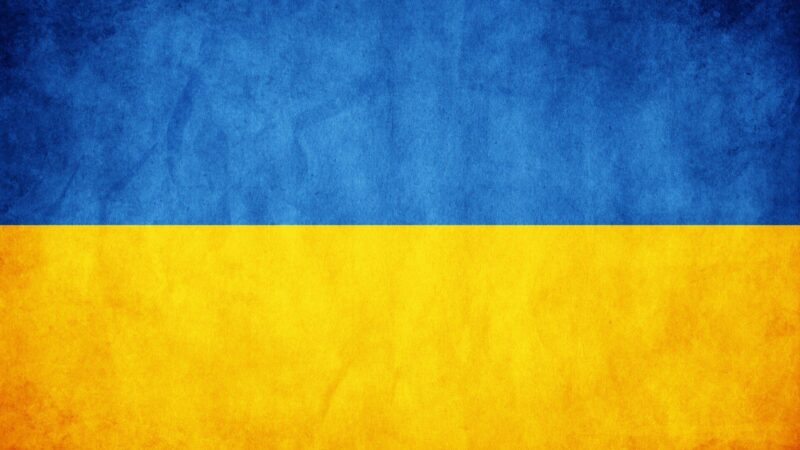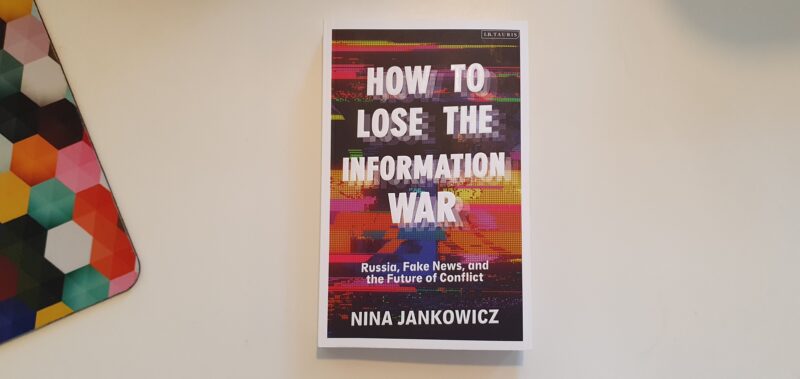During the conference Society and defense (Folk och Försvar), the Supreme Commander of the Swedish Armed Forces said that the Swedish people must acknowledge the contingency of war. It caused an outcry. Presumably, this is posed as a fact to make people realize that we cannot be the ever-present observer, never involved or engaged in truly troublesome things with exogenous causes. We tend to have an immunized perception of catastrophes. What disturbs me is rather how the term of hybrid warfare is used. It’s misleading, to say the least.
Hybrid warfare is, according to an article on a book about hybrid warfare, a combination of “conventional warfare with non-conventional warfare”. According to this post on NATO’s website, “hybrid warfare entails an interplay or fusion of conventional as well as unconventional instruments of power and tools of subversion”. Prior to this, the author writes “With the advent of modern hybrid warfare, they are less and less about lethal or kinetic force.”
Of course it depends on how war is defined (usually about a minimum of 1.000 people dead in a conflict between states or defined groups over a period of time, like two years). Is informational “warfare” an act of war? Is disinformation and misinformation “warfare”? Is cyber espionage “warfare”? Is hacking by malware and payloads “warfare”? Are they kinetic or lethal? Both of these sources refer to the Russian interference in Ukraine starting 2014, when Russia mixed conventional weapons on the ground (mainly) with disinformation and deniability, without actually declaring war on Ukraine.
This also requires referring to the so-called Gerasimov Doctrine by Mark Galeotti. Valery Gerasimov is still the (not-so-succesful) Russian Chief of the General Staff, and current commander of the Russian forces in Ukraine, who in 2014 (what an occurence) mentioned different strategies to tackle the superiority of the West. This lead to the birth of the so-called Gerasimov Doctrine, a doctrine influential in the eyes of many Westerns, as “new thinking” on war. To combine cyber weapons and kinetic force was perceived as a new paradigm. Galoetti didn’t see it as novel.
I turn to the political scientist Lucas Kello, author of The Virtual Weapon and International Order, to look for definitions of terms and concepts. Although he discusses the terms and consequences of cyberweapons in cyberspace, the discussion can be used to comprehend how words are used and related to a subject:
The crucial definitional criterion of a virtual weapon lies in its intended and possible effects.
Does Russia intend to wage war against Finland or Sweden? Most likely not. Are we at war, a prerequisite of the term? No. Kello continues:
Cyberattack need not result in physical destruction to pose a serious danger to society. […] It is reasonable to impose limits on this language.
You need to know when to ascribe a term and when not to. Lucas Kello asserts that even though virtual information “has become force itself” in certain situations, psychology and information have long been part of war strategy. Still, they are usually not regarded as a kinetic force, as kinetic weapons, because “human death is the highest form of physical damage.” It remains difficult to harm humans by hacking computers or deploying A.I. (yes, I’m aware of a patient dying when hackers shutdown a hospital in a ransomware attack, and yes, I’m aware of the false suggestion that an A.I.-programme killed an operator, which simply was a simulation made by humans, with no real people involved in the simulation itself).
It’s important to keep terms apart, and as coherent and adequate as possible. Including more only fuzzies concepts, makes them so general they can’t be applicable anymore. Another important reason to keep terms clean: Sweden and Finland are not at war with Russia, which the term of hybrid warfare denotes, but still mass media and experts utters the term often. Russia is trying to strain and contain our countries, making hybrid threats the proper term rather than hybrid warfare.
Perhaps, though, I propose a new word. Or two:

